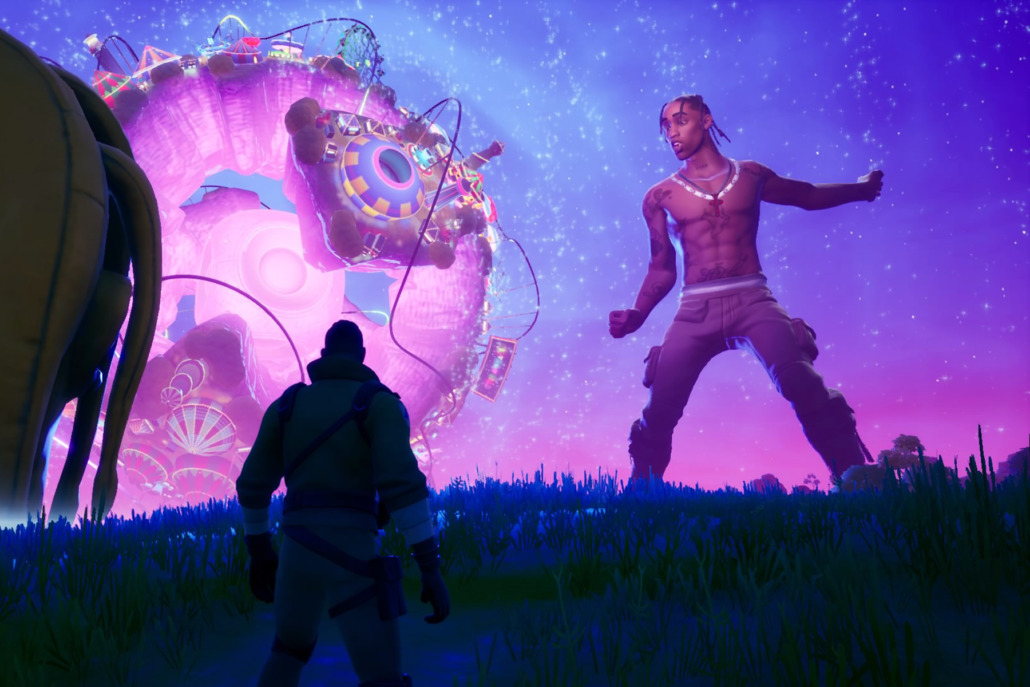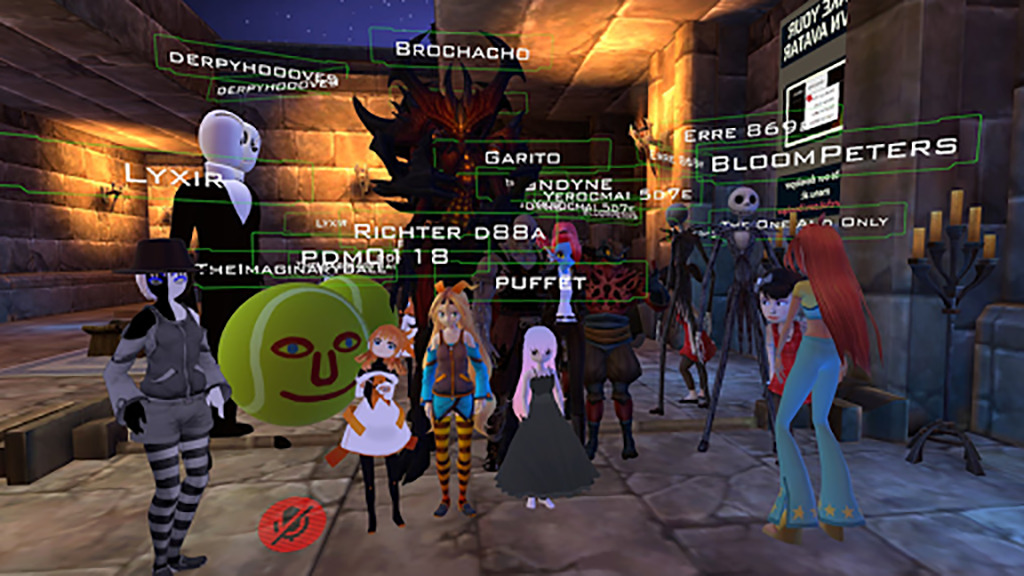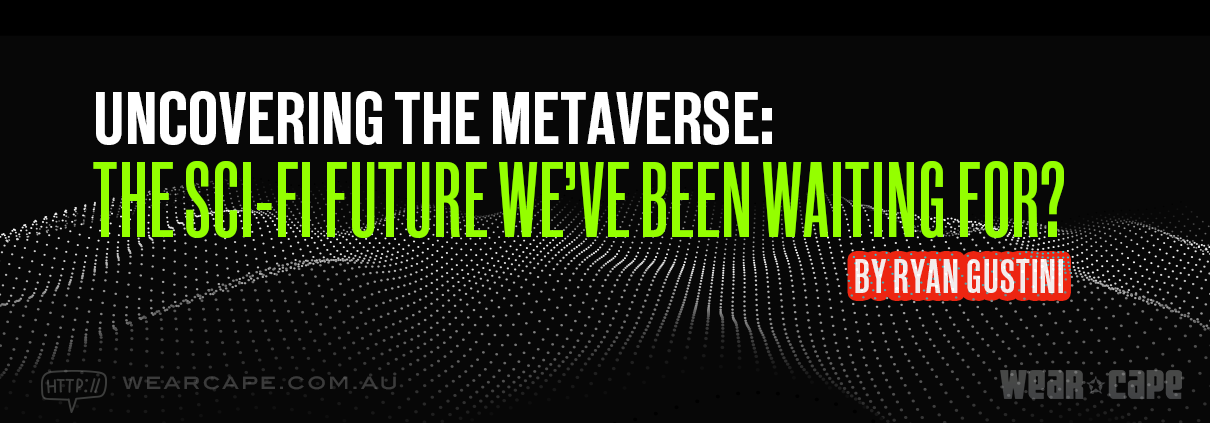Uncovering the Metaverse
Facebook’s recent metaverse talks have created major buzz, but how will this new world change consumer behavior, and how can businesses use marketing to keep up?
The newest frontier of online creation – but what is it?
While it may seem like something of the distant future, early versions of metaverses have existed in some capacity for quite a while, forming from the continuous evolution of open-world video games. For example, video games such as Minecraft, Animal Crossing, and Fortnite have all utilized online virtual hub-worlds for players to interact, explore, and socialize – a rudimentary form of what future metaverses could be.
Although these worlds are only used by more limited demographics than other platforms, digital marketers and brands have already jumped on these opportunities to innovate the ways in which they reach consumers; Clothing brands such as Teddy Fresh created in-game custom outfits for players to download and use for free in Animal Crossings, and Fortnite has found extreme success hosting virtual events and concerts on their platform – featuring mainstream artists such as Travis Scott and Arianna Grande, in which digital versions of the respective artists take on a virtual stage and perform an intricately choreographed and animated show for players to freely move around in and view.
Additionally, Epic Games (the studio behind Fortnite) have made even more strides in this space by partnering with the band RadioHead to create a standalone dedicated virtual experience for players to buy and watch – thus removing the ‘video-game’ element entirely and fully committing to this virtual hub experience.
While these are the most notable, there are many other cases of promoting a brand in a virtual world; other major examples include premium brands such as Gucci and Louis Vuitton selling clothing items and ‘skins’ in popular video games such as Roblox and League of Legends, respectfully.

On top of these adaptations of existing games, several technologies that have been under development for many years are beginning to converge and reach a point where they could facilitate a sci-fi virtual future.
These technologies include the rise of AR (Augmented reality) and VR (virtual reality) – both originally developed for other niche purposes, but can act as perfect building blocks to realize an elaborate metaverse that is accessible to the average consumer. These technologies have fostered early-stage metaverses of their own, such as VR Chat, a platform in which people connect to a hub represented by a chosen avatar, and socialize with other users in a virtual reality space.
While this platform lacks any other features or activities, its success demonstrates the consumer-bases willingness to engage in virtual environments.

Facebook also announced earlier this year that they hope to transition from being a social media company to a metaverse company, and have continued to make major developments in this area. After acquiring the VR technology company Oculus, Facebook has been working on integrating this technology into a social (and accessible) setting, going as far as connecting users’ Facebook profiles and likeness with their digital avatars, a far cry from VR-chats garish and bombastic anonymous avatar selection pictured above.
However, CEO Mark Zuckerberg has openly discussed that he sees the metaverse not necessarily as a futuristic video game, but rather an extension and evolution of current social media and online interaction, with the intention not being to increase internet engagement, but rather to ‘be engaged more naturally’. As such, Facebook seems to be spearheading this transition, with the hopes of having a fully functioning and utilised metaverse by the end of the decade.
Additionally, the coronavirus pandemic broke a barrier that may have been the hardest to overcome – with everyone stuck in their homes for so long, it kicked off a massive cultural shift in favor of more online interaction instead of physical (whether it be for shopping, socializing, etc), bringing it further into the mainstream. The widespread adoption of platforms such as Zoom have made people more comfortable with interacting in a virtual space, a norm that may have been difficult to establish pre-pandemic.
How does this change the marketing landscape?
All this metaverse talk leaves businesses and digital marketers in an interesting position – What can they do to prepare for this transition, and what should they expect on the other side?
The reality is, it is very difficult at this stage to determine exactly how the metaverse will reach the mainstream, and how much it will have developed and changed before it gets there.
The nuances of this new virtual world are impossible to predict with complete certainty, so digital marketers will need to spend lots of time and resources educating and readapting to this new landscape – keeping eyes and ears open to study any new information and development as it grows and evolves. Considering the insane dominance of the internet, marketers have a useful case-study to see how quickly and powerfully things can change and be adopted – given this history, it is likely that many businesses will be looking to hit the ground running and become early adopters of these platforms to get their foot in the door and establish themselves and their brands.
However, it isn’t all a guessing game. The aforementioned games and platforms, while not as open and complex as future metaverses promise to be, are good microcosms to study and see exactly how people interact with virtual worlds and spaces – and thus how these worlds can most optimally be marketed in, and are hence a good place to start.
Similar to how businesses currently need to optimize themselves to be the most visible on google, the same will need to be done for the metaverse.
Brands will need to focus on finding a community, platform, or world that matches their demographic and message. Marketers will have a whole new landscape to research – presumably, people will not act as they do in real life in the metaverse, as it may be some hybrid between reality and in-game interactions, meaning they will have to study the ways people communicate. How people shop, view, and explore could potentially be extremely different to how they do in real life, meaning a whole new set of rules will have to be applied.
This means much more market research for a whole new realm. Additionally, people will not be exploring this world alone. Relationship dynamics between other users, as well as NPC’s (non playable characters) will also be crucial to study and understand for marketers. Furthermore, brands will need to put much more time and development into how they are represented in this new world, as rather than simply messaging a brand on social media, users may simply find and interact with a 3D representation of the business. This means brands may need to be given a unified voice, style, and appearance to effectively communicate with consumers. On top of this, given that it is a virtual space, there is much more potential in what can be achieved – brands can utilize AR technology to integrate a potential customer into their product or service; this could mean trying on a pair of virtual shoes, visiting a virtual replica of a restaurant to see their ambience and aesthetic, etc.
This paradigm shift could make advertising less of ‘being the most visible’ and more ‘having the most captivating digital experience’.
The metaverse holds great potential for innovation, and seems to be a playground for digital marketers. With Facebooks full support and dedication, it’s likely to become a reality sooner than we may expect, bringing its social community with it. Whether it be a billboard, an interactive ad, a video, an experience, or anything else Ð this new platform allows for seemingly infinite ways to communicate and connect with consumers.

Ryan Gustini
Ryan Gustini is a Bachelor of Commerce Graduate from The University of Melbourne, majoring in Marketing and Management. Ryan utilises his passion for technology and modern digital interaction to investigate the dynamics of modern social media, video gaming, and metaverse platforms, with particular focus on how these will influence the way we communicate and engage with each other.







